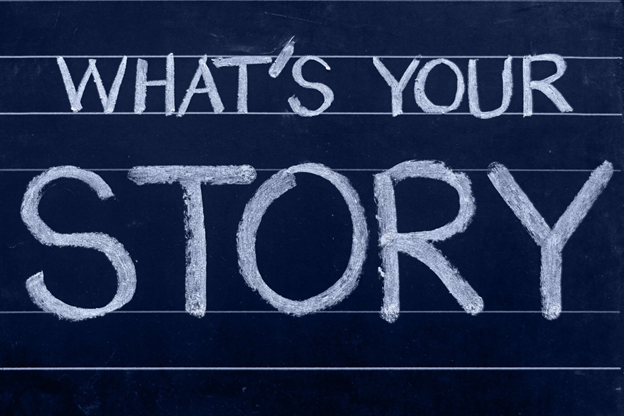A lot of people use the terms “story” and “plot” interchangeably. You could, in fact, think of these terms as two sides of the same coin.
But there’s actually a very big difference between story vs plot. And, as a professional narrative writer, you must be familiar with this difference.
Fortunately, we’re about to explain it in the following guide. And, don’t worry: we use clear, simple wording that anyone can understand. Just read this guide and you’ll never be confused about plot vs story again.
Story: The Most Basic Details
The story pertains to the most basic details of your piece. Specifically, it covers the “what,” “where,” and “who.” Here’s what this means.
The “what” is the major event that the story centers around? The “where” is the place/time in which the story is set. And the “who” are the characters in your story.
So, if you summarized your “story,” it would cover all the major details of your piece. Except, it would be missing all of the details that give your piece its heart and soul. That’s where the plot comes in.
Plot: The Details That Make It Special
Like the story, the plot also covers major details that answer questions. But the plot answers the “how,” when,” and “why” of your piece.
These are the details that can turn any story into a mind-blowing epic or one of the worst ensemble cast movies ever. Here’s how this works.
How
The “how” refers to the various ways in which the story plays out from beginning to end. This includes character decisions (sparing the life of a betrayer) and unexpected occurrences (the fuel tank starts leaking gas!). A great example is Memento, an interesting mystery made more interesting because it is revealed in reverse order.
When
“When” is trickier to define. It doesn’t mean the year in which the piece takes place; that’s a story detail.
Instead, it describes when the story takes place within each character’s personal timeline. For instance, it might be happening just after the main character has finalized his divorce.
Why
Next, the plot deals with “why” events/situations happen and “why” the characters react how they do. Each character’s “why” will have a lot to do with their “when.”
A Comparison Between Story vs Plot
Here’s the easiest and most basic to compare story and plot. Take any classic story that’s been retold a bazillion times, like Romeo and Juliet.
There are classic-style, Shakespearian enactments of Romeo and Juliet. There’s also that 90s one with Leo DiCaprio and guns. Then, there’s Warm Bodies, which is Romeo and Juliet with zombies.
Why has this story been told so many times? Because the filmmaking teams who created them wanted to tell it in different ways.
All of these movies have the same “story.” But they have a very different “plot,” specifically the “how” element.
Remember This Guide
Now that you know the difference between story vs plot, we wish you the best of luck with your narrative writing career. Just remember what you learned here today and put it to good use. Also, if you know any writers who might benefit from this content, please share it with them.
Looking for a great place to submit your guest posts? Do it here! Click the Write For Us tab in the menu bar to learn more.















